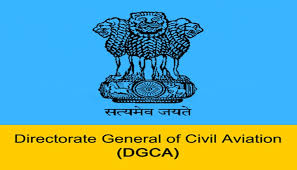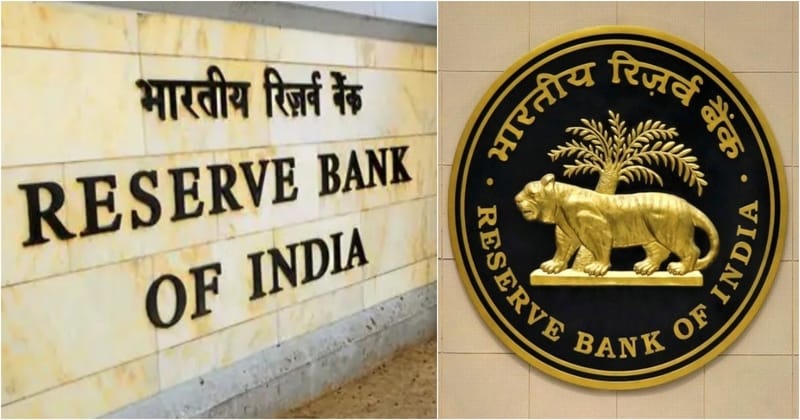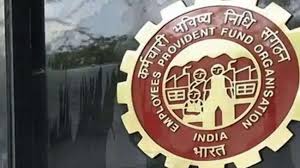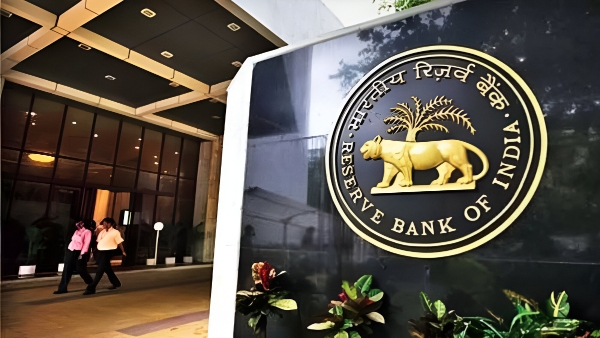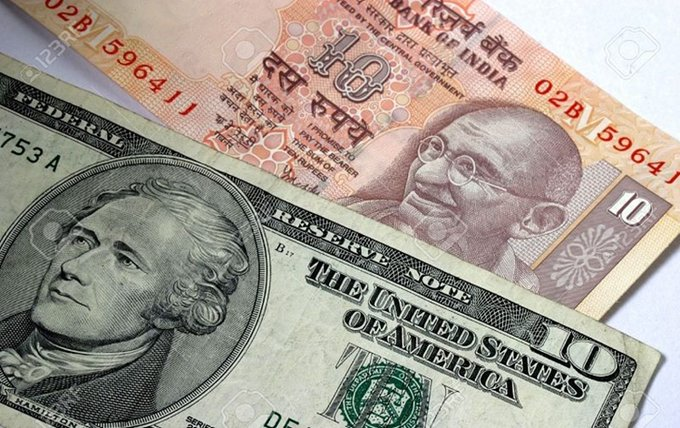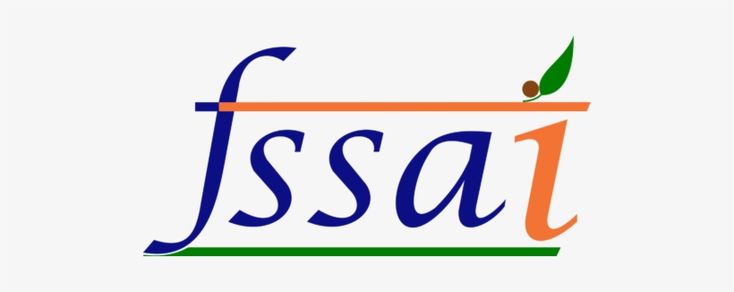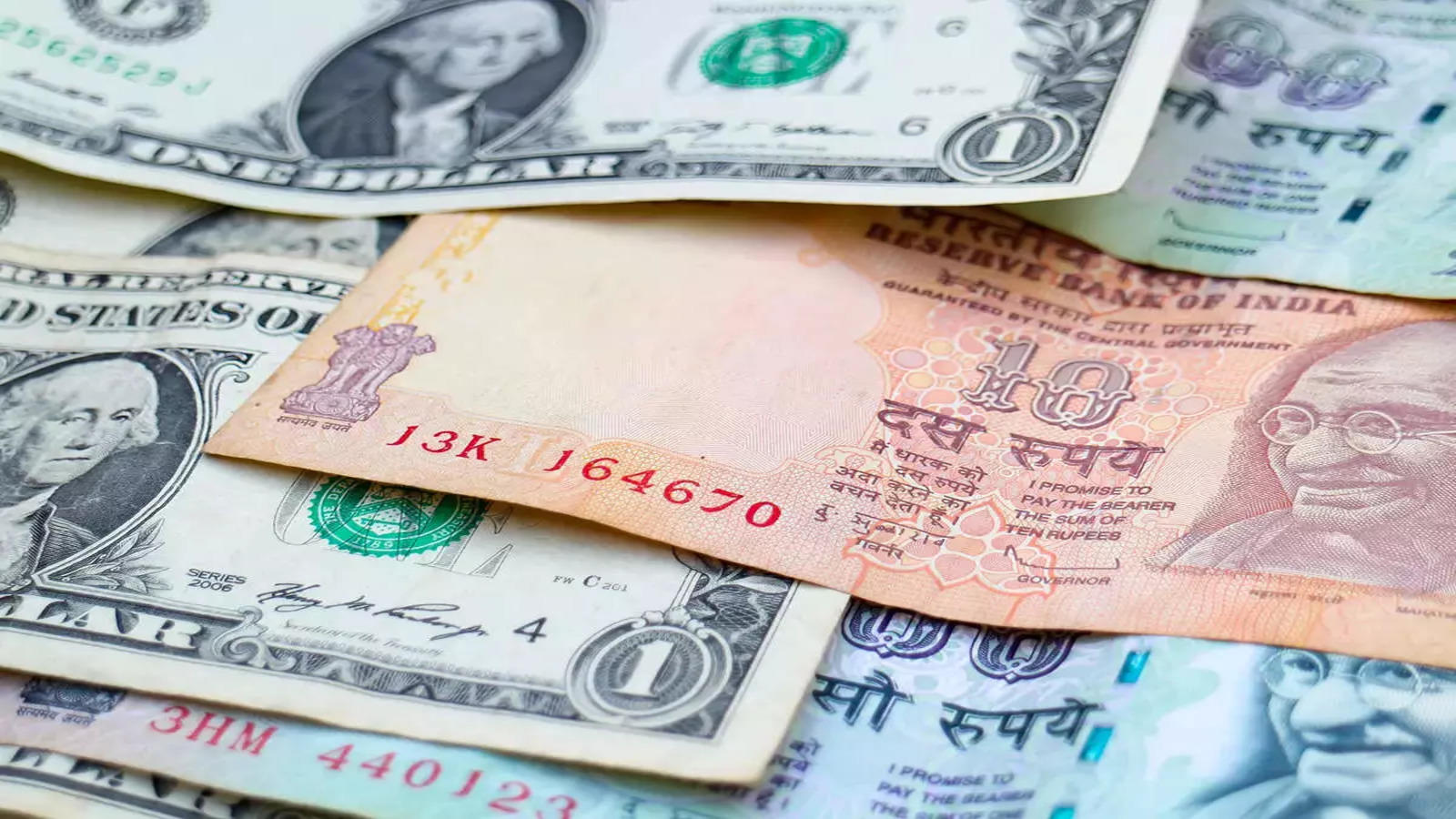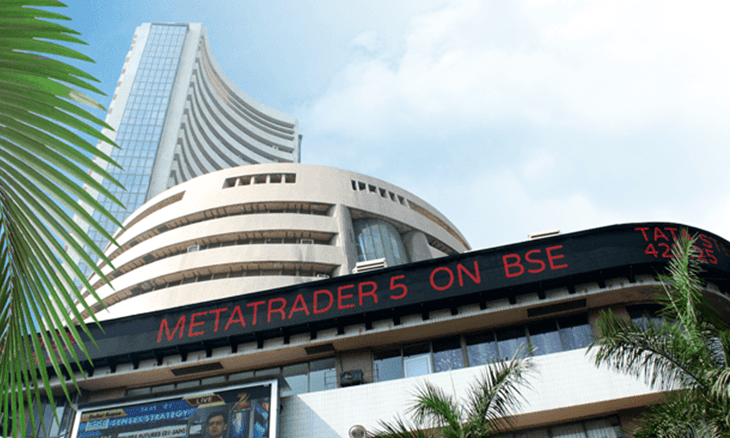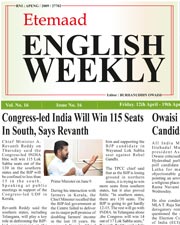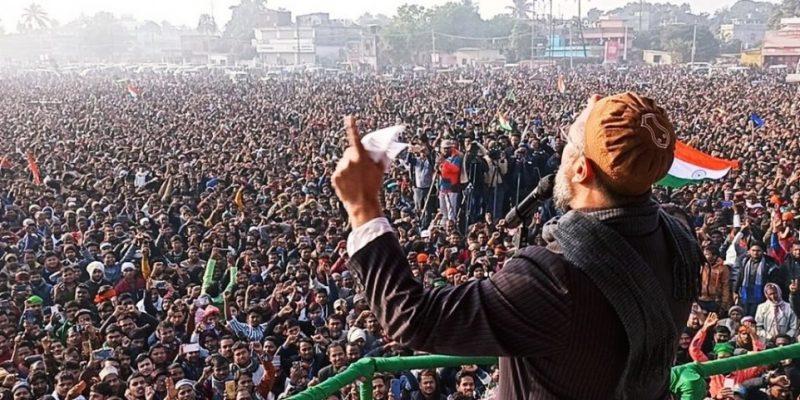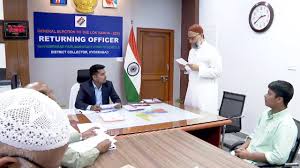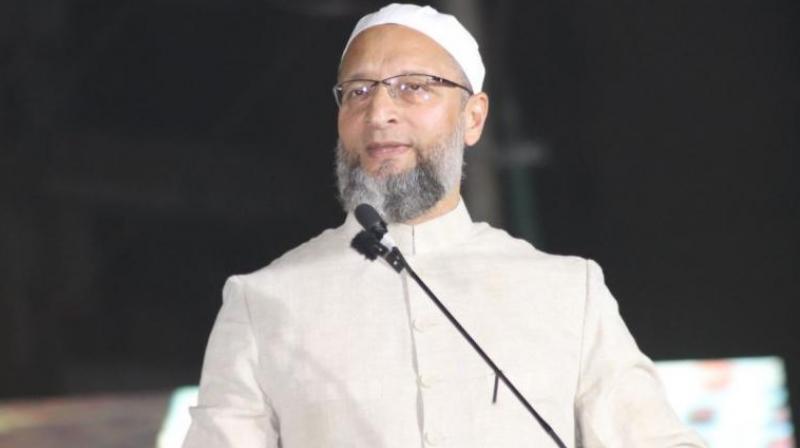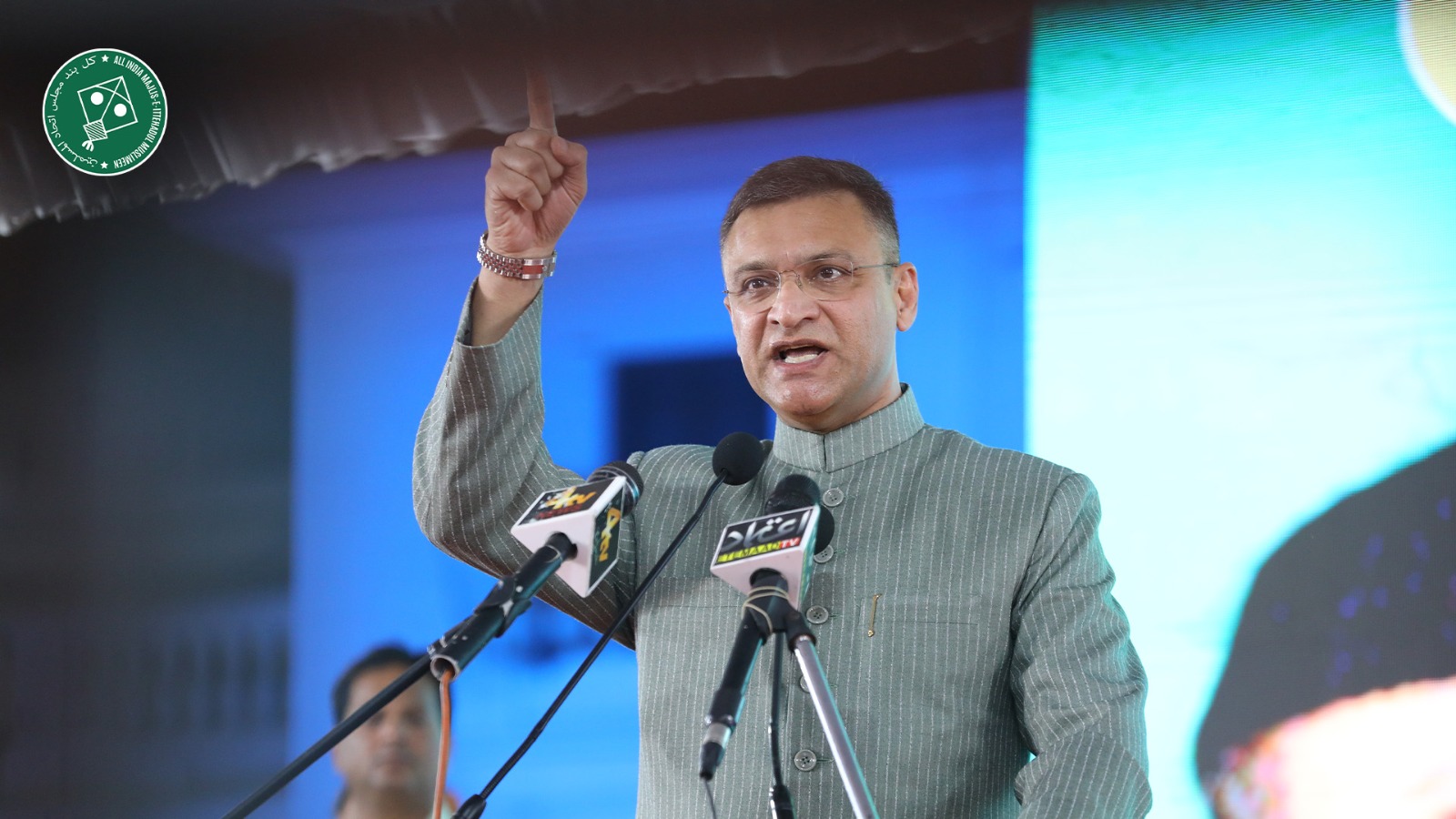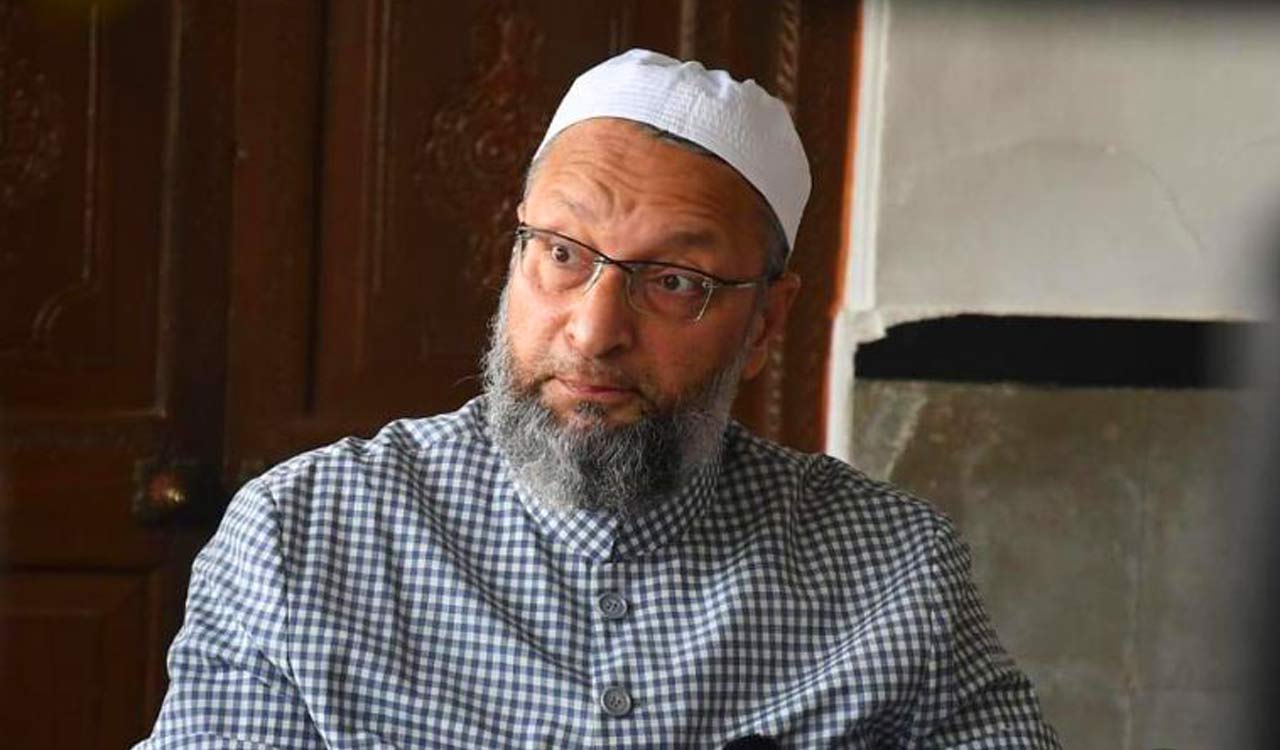Kotak launches zero-charge digital bank account
Thu 30 Mar 2017, 14:24:30
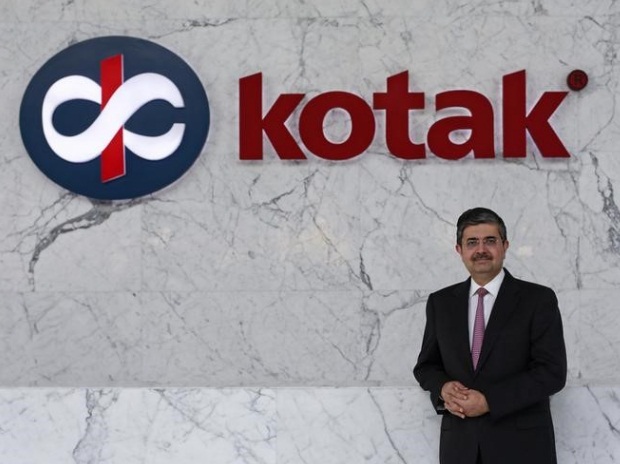
Kotak Mahindra Bank (KMB) announced an offer for opening a zero balance savings account on Wednesday, with zero charges for all digital transactions.
This comes when many of its competitors, such as State Bank of India and HDFC Bank, are either raising or reintroducing charges for transactions. From April 1, SBI is set to introduce a fee for failing to keep a minimum balance in some types of savings bank accounts.
KMB said its new ‘811’ plan, to promote a digital banking system via mobile phones, was aimed at doubling its customer base to 16 million over the next 18 months. An account could, it said, be opened anywhere, anytime, within five minutes, using their mobile banking app. It would use the new Aadhaar-based one-time password authentication process for account opening on a mobile. Only Aadhaar and PAN (income tax) numbers are required to open and operate an 811 account.
All 811 customers would get a free virtual debit card. And, would get up to six per cent annual interest on their savings account balances, said Uday Kotak, executive vice-chairman.
Banks have been aggressive in rolling out products for a digital banking platform. HDFC Bank has unveiled products such as a '10-second' loan, a 'design your own loan against securities' offer through net/mobile banking, and loans at ATMs.
The Kotak Mahindra Bank (KMB) is looking to scale up its presence in the stressed asset management segment, with focus on resolution and turnaround. Calling this segment, a $100 billion (Rs 6.5 lakh crore) opportunity, Uday Kotak, executive vice-chairman, said there was room for two-three private sector 'bad (loan) banks'. Bad loans banks are entities that are expected to manage and turn around stressed assets in the sector.
KMB is holding a Board meeting on Thursday, March 30, to consider raising equity capital through rights issue,
private placement, Follow-on Public Offering ('FPO'), Qualified Institutions Placement ('QIP') and other avenues.
private placement, Follow-on Public Offering ('FPO'), Qualified Institutions Placement ('QIP') and other avenues.
Kotak said that according to the bank’s internal research, the country's total pool of stressed assets — including net non-performing assets, securities receipts and Strategic Debt Restructuring — was about Rs 14 lakh crore. Banks would need to take a hit (loss) for 30 per cent, translating to about Rs 4 lakh crore.
For the other Rs 10 lakh crore, about Rs 2.5 lakh crore will be needed as capital for resolution. Thus, the total opportunity was about Rs 6.5 lakh crore ($100 bn).
The Kotak Mahindra group already has one asset reconstruction company, Phoenix ARC. Since its registration in June 2008, it has concluded a little more than 100 transactions, comprising both corporate and retail (individual) pools, involving principal dues in excess of Rs 10,000 crore.
Indian ARCs are highly under-capitalised and a seller of non-performing assets (banks or financial institution) is an 85 per cent buyer as it invests in Security Receipts, Kotak said.
At a recent investor meet organised by foreign brokerage Credit Suisse, Vinod Rai, chairman of the Banks Board Bureau, said the government was working on various structures for resolution of problem loans. Some of these being an increase in the number of oversight committees and allowing more flexibility in the existing mechanisms, as the taking of decisions continues to be the biggest obstacle to resolution.
The government is also focusing on sector-wide restructuring packages, instead of company-wise, as the stress is concentrated in a few sectors, such as infrastructure and steel. Resolution of stressed accounts will involve deep haircuts (write-offs). With non-performing loan coverage for banks low at 40 per cent, this means higher provisioning and capital requirement.
No Comments For This Post, Be first to write a Comment.
Most viewed from Business
AIMIM News
Asaduddin Owaisi files nomination papers on Friday
Apr 20, 2024
Owaisi Begins Election Campaign in Hyderabad
Apr 13, 2024
Bring back Indian workers in Israel: Owaisi
Apr 13, 2024
Latest Urdu News
Most Viewed
May 26, 2020
Do you think Ruturaj Gaikwad would be a good captain for Chennai Super Kings?
Latest Videos View All
Like Us
Home
About Us
Advertise With Us
All Polls
Epaper Archives
Privacy Policy
Contact Us
Download Etemaad App
© 2024 Etemaad Daily News, All Rights Reserved.

